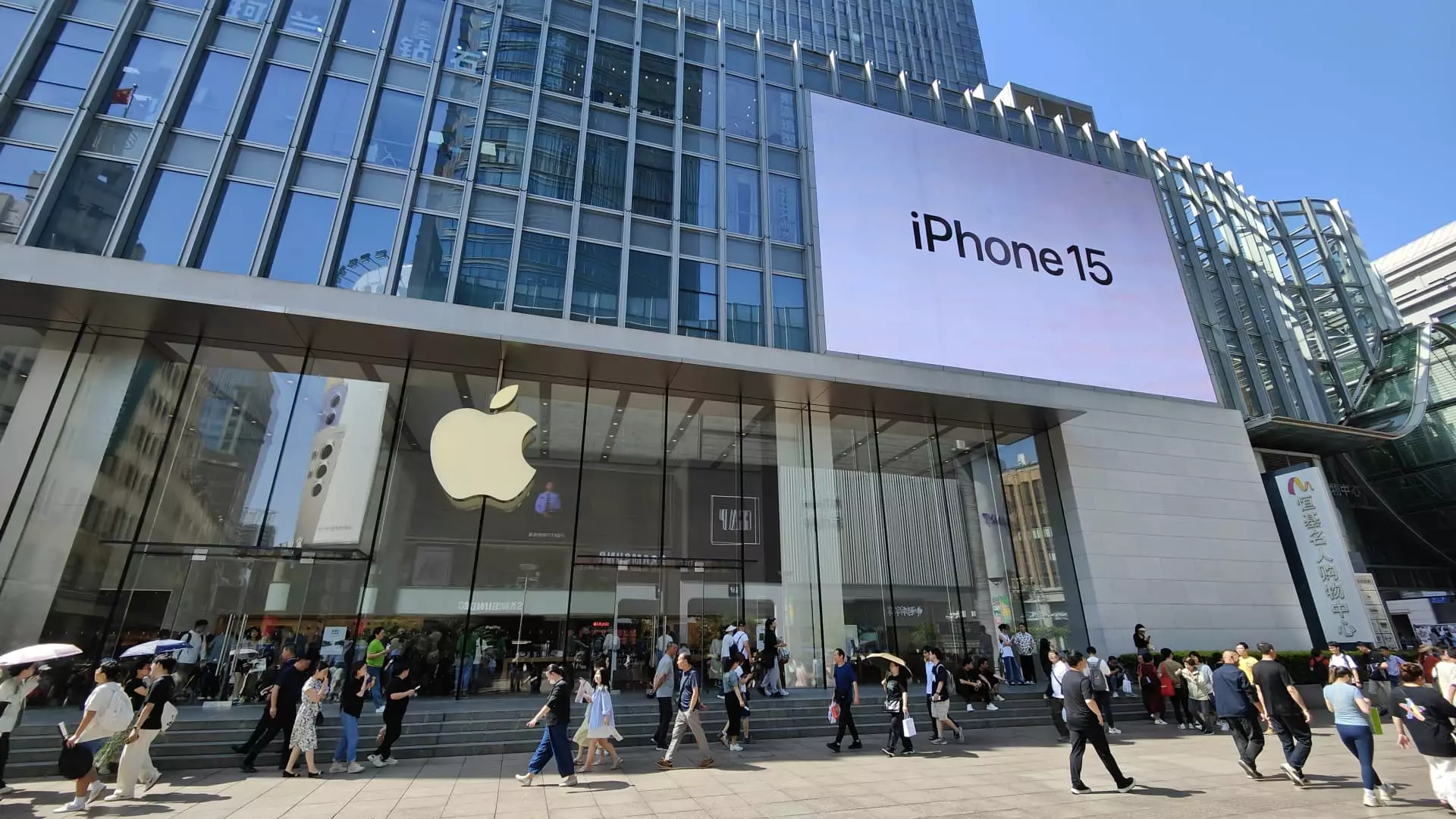In a recent report by Canalys, Apple has been pushed out of the top five smartphone vendors in China in the second quarter. This shift is primarily due to the fierce competition from domestic brands like Huawei. Apple’s market share in China has dwindled to 14% in the second quarter, down from 15% in the first quarter and 16% from the same period last year. The decline has caused Apple to slip from being the third-largest smartphone vendor to the sixth spot with approximately 9.7 million units shipped.
Apple’s shipments have been on a decline since the first quarter, registering a 25% drop year on year to just 10 million units. The company is facing a “bottleneck” in the Chinese market as it strives to maintain retail prices and safeguard the margins of its channel partners. Canalys suggests that localizing Apple’s Intelligence services in China could be a strategic move in the coming months, as Chinese brands are rapidly integrating generative AI into their products.
Chinese vendors have emerged strong in the market, occupying all positions in the top five list. Vivo secured the top spot with a 19% market share and 13.1 million units shipped in the second quarter. Oppo maintained its second position with 11.3 million units, driven by the successful launch of its new Reno 12 series. Huawei spinoff Honor came in third with 10.7 million units shipped, showing a 4% increase year on year. Huawei itself secured the fourth spot with a 15% market share and 10.6 million units shipped, reflecting a resurgence in its consumer business in China. Xiaomi claimed the fifth spot with strong sales of its K70 and flagship 14 series, along with the buzz surrounding its first electric car, the SU7.
Growth of the Chinese Smartphone Market
Overall, the Chinese smartphone market witnessed a 10% growth year on year in the second quarter, surpassing 70 million units in shipments. This growth signifies the increasing dominance of domestic brands and the evolving preferences of Chinese consumers. Apple’s struggle to retain its position in this competitive landscape highlights the need for continuous innovation and adaptation to local market demands. If Apple desires to regain its foothold in China, it must reevaluate its strategies and align them with the changing dynamics of the market.


Leave a Reply